With the debut of PHP 8, developers now have access to an array of innovative features and improvements that can take their projects to new heights. However, before reaping the benefits, we must first navigate the migration process from PHP 7.4 to PHP 8, which inspired us to craft this guide.
So, what sparked our interest in writing about the transition from PHP 7.4 to PHP 8? It’s simple: we acknowledge the blend of excitement and trepidation that accompanies the adoption of new technologies, and our goal is to help you traverse this path without hiccups.
In this insightful article, we’ll be shedding light on PHP 8’s innovative features and explaining why upgrading is crucial for software development companies striving to remain competitive. We’ll also provide a roadmap for the migration process, complete with practical tips and best practices, ensuring a trouble-free switch. If you are ready to set off on your upgrade adventure, consult our PHP development services that are sure to provide you with the expert assistance you need to make a smooth shift.
Table of Contents
- 1 PHP 8 Features Unwrapped: Ten Upgrades You Should Know About
- 2 PHP 8 vs PHP 7: Weighing the Upgrades, Unaltered Aspects, and Novel Addition
- 3 The Benefits: Why Upgrading to PHP 8 Makes Sense for Your Project
- 4 Getting Ready for PHP Upgrade: A Comprehensive Pre-Upgrade Checklist
- 5 Upgrading to PHP 8: How to Navigate the Process Like a Pro
- 6 What to Do After Migrating? Post-PHP 8 Upgrade Tips and Tricks
- 7 Conclusion
- 8 Read also:
PHP 8 Features Unwrapped: Ten Upgrades You Should Know About
If you haven’t yet dabbled in the new PHP 8 features, it’s high time you got acquainted. This update introduces a multitude of interesting improvements that empower PHP with unparalleled performance and security. As you transition into this advanced environment, you might need to adjust your code to ensure compatibility with PHP 8. Rest assured, though, if you’ve kept up with previous releases, this move should be rather straightforward. So, here are 10 of the most noteworthy features brought along by the latest PHP 8 changes:
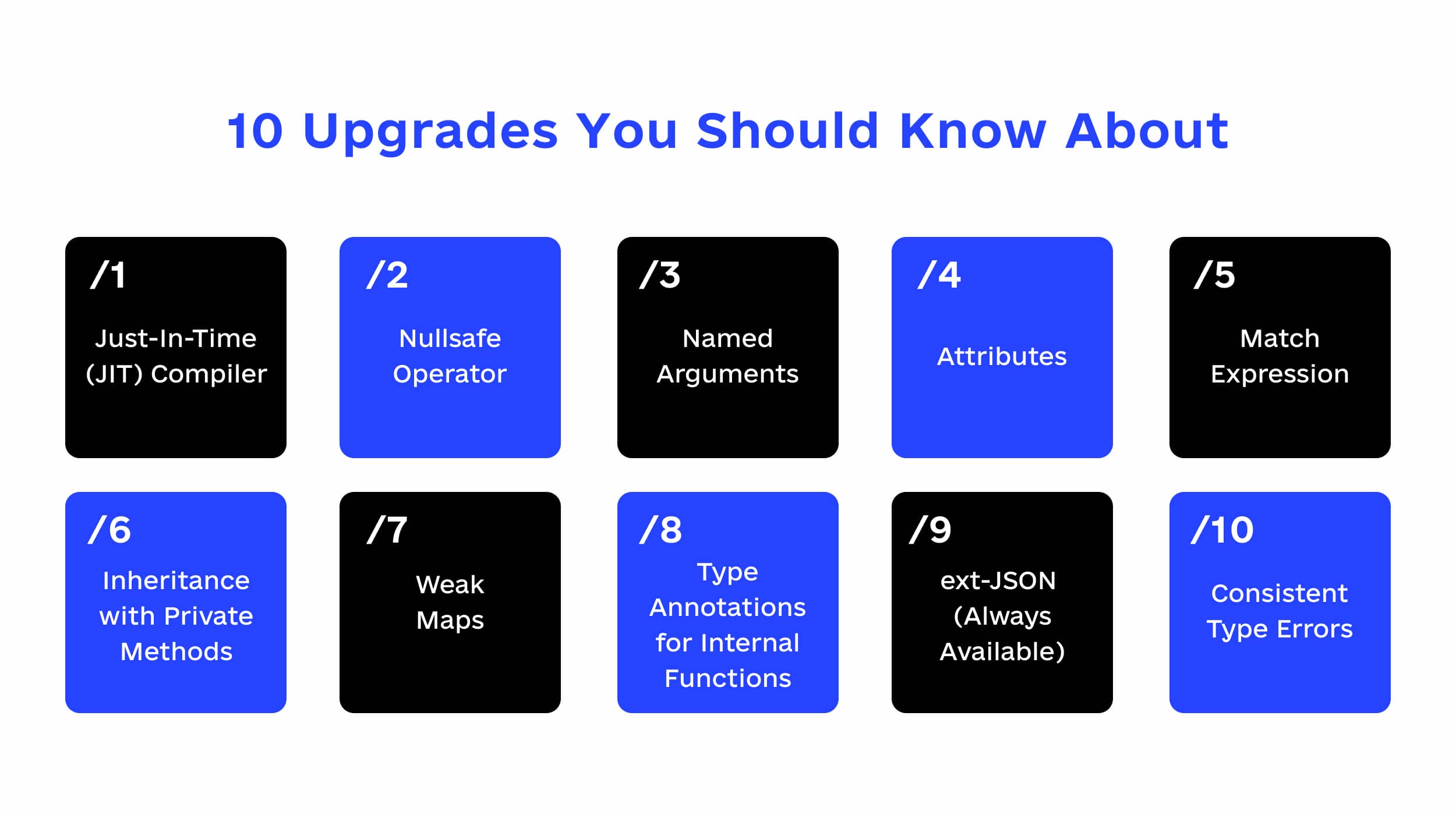
#1. Just-In-Time (JIT) Compiler
The JIT compiler significantly improves the performance of PHP applications by optimizing the compilation of PHP scripts. It was initially introduced as an experimental feature in PHP 7.4 but has been significantly improved in the latest version. The JIT compiler increases the execution speed of applications by compiling the code faster compared to traditional interpreters.
#2. Nullsafe Operator
The nullsafe operator, ?->, enables complete short-circuiting, improving the handling of nullable method calls. It helps simplify the code by eliminating the need for intermediate checks or relying on optional helpers provided by some frameworks. This makes the code more readable and easier to maintain.
#3. Named Arguments
Named arguments allow developers to pass values to a function by specifying the value name, making the code easier to understand and eliminating the need to worry about the order of the arguments. It also allows for skipping optional parameters, resulting in more descriptive and maintainable code. This feature is particularly useful when working with functions that have a large number of optional parameters.
#4. Attributes
Attributes, also known as annotations in other languages, provide a way to add metadata to classes without having to parse docblocks. This feature makes it easier for developers to work with the reflection API and add custom metadata to their code, enhancing its readability and maintainability.
#5. Match Expression
Match expressions simplify the process of returning a value based on a given input, without the need for additional keywords. This feature can be considered an improved version of switch expressions, as it can return values, doesn’t require break statements, can combine conditions, and uses strict type comparisons without coercion. This results in cleaner and more concise code.
#6. Inheritance with Private Methods
In previous versions of PHP, private methods were subjected to the same inheritance checks as protected and public methods, which led to some limitations in using private methods in child classes. With the new update, inheritance checks are no longer performed on private methods, giving developers more flexibility when working with class inheritance.
#7. Weak Maps
Weak maps provide an efficient way of handling object references that don’t prevent garbage collection of the objects. This feature is particularly useful in scenarios where large numbers of objects are managed within a request, such as in Object-Relational Mapping (ORM) systems. By using weak maps, developers can build more resource-efficient applications.
#8. Type Annotations for Internal Functions
This long-awaited improvement ensures that complete type information is reflected in internal functions and methods, providing better consistency and usability across the language.
#9. ext-JSON (Always Available)
The JSON extension is now always enabled, making it more reliable for developers to use JSON functionality without having to check for the availability of the extension first.
#10. Consistent Type Errors
In previous versions of PHP, internal functions exhibited inconsistent behavior in error handling compared to user-defined functions. PHP now exhibits consistent error handling behavior across all functions, enhancing its usability and maintainability.
PHP 8 vs PHP 7: Weighing the Upgrades, Unaltered Aspects, and Novel Addition
| IMPROVEMENTS | ||
| FEATURES | PHP 7 | PHP 8 |
| Performance | Faster than PHP 5, but slower than PHP 8 | Faster and more efficient than PHP 7 |
| Error Handling | Improved error handling with throwable exceptions | Unchanged in PHP 8 |
| Type System | Introduced scalar type declarations and return type declarations | Expanded with union types and mixed return types |
| Trailing Commas | Allowed in array and list syntax | Expanded to include parameter lists and closure use lists |
| Return Type Declarations | Introduced return type declarations | Enhanced with union types and mixed return types |
| UNCHANGED ELEMENTS | ||
| FEATURES | PHP 7 | PHP 8 |
| Null Coalescing Operator | Introduced ?? for easier handling of null values | Unchanged in PHP 8 |
| Spaceship Operator | Introduced <=> for three-way comparison of values | Unchanged in PHP 8 |
| Grouped Use Declarations | Simplified importing of multiple classes from the same namespace | Unchanged in PHP 8 |
| Nullable Types | Introduced nullable types using ? syntax | Unchanged in PHP 8 |
| Iterable Pseudo-Type | Introduced iterable pseudo-type for traversable structures | Unchanged in PHP 8 |
| NEW ADDITIONS | ||
| FEATURES | PHP 7 | PHP 8 |
| Static Return Types | Not available | Introduced static return type |
| JIT Compiler | Not available | Introduced, improving performance for specific use cases |
| Nullsafe Operator | Not available | Introduced ?-> for safe method and property access |
| Named Arguments | Not available | Introduced for cleaner function and method calls |
| Match Expression | Not available | Introduced for more concise and readable conditional expressions |
| Stringable Interface | Not available | Introduced Stringable interface for objects cast to strings |
| Constructor Property Promotion | Not available | Introduced for cleaner and more concise class properties |
| Attributes | Not available | Introduced as a new way of adding metadata to declarations |
| Weak Maps | Not available | Introduced for better memory management with object keys |
The Benefits: Why Upgrading to PHP 8 Makes Sense for Your Project
Still on the fence about upgrading to PHP 8? Here are the reasons you should make the leap and why this new version is a game-changer for web developers and software development companies.
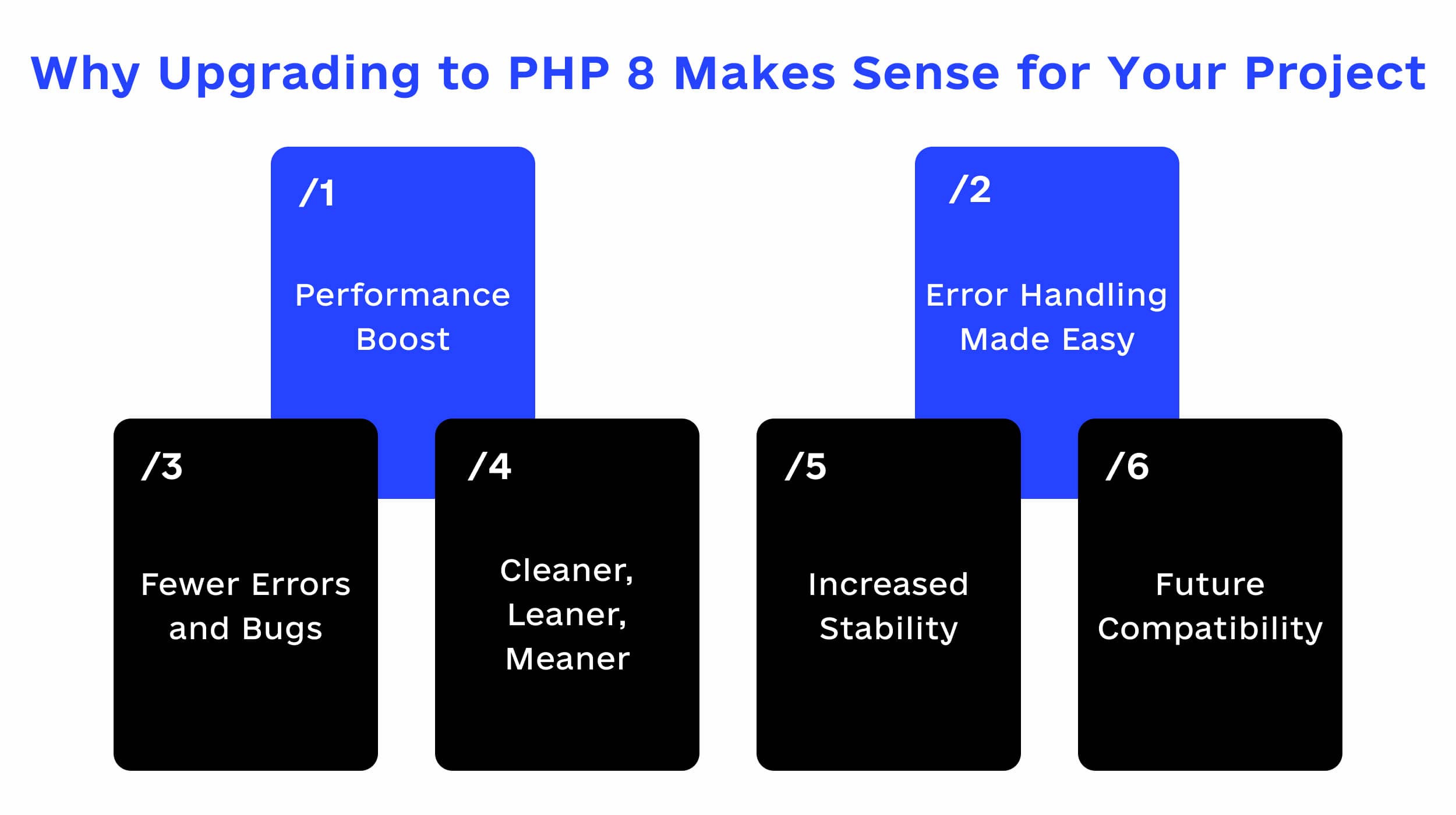
Performance Boost
One of the major perks of PHP 8 is the new Just-In-Time (JIT) compiler. It significantly improves performance, outpacing PHP 7 in terms of speed and efficiency. Faster execution times and better resource utilization translate to a smoother user experience and reduced server costs. In other words, you’ll be delivering a more responsive website or application to your users, and saving money in the process.
Error Handling Made Easy
In the past, deciphering error messages in PHP could be a headache. Thankfully, PHP 8 has revamped error handling with more informative messages that pinpoint the exact issue. Now, you’ll spend less time guessing and more time resolving problems, ultimately enhancing the quality of your code.
Fewer Errors and Bugs
PHP 8 introduces a variety of type system improvements, such as union types, mixed return types, and the static return type. These enhancements allow you to express complex data structures more clearly and effectively, making your code more robust and maintainable. The result? Fewer type-related bugs and a more solid codebase.
Cleaner, Leaner, Meaner
Several syntax improvements in PHP 8, like the nullsafe operator, named arguments, and match expressions, make writing and reading code more efficient. The more streamlined syntax leads to cleaner, more understandable code – a major plus for you and your team.
Increased Stability
The introduction of weak maps in PHP 8 offers a powerful solution for memory management when working with objects. This feature leads to improved performance and stability in your applications, ensuring that they run smoothly and efficiently for your users.
Future Compatibility
Upgrading to PHP 8 is an investment in the future of your codebase. By staying up to date, you’ll be prepared to take advantage of upcoming PHP enhancements, security updates, and performance optimizations. This forward-thinking approach ensures that your projects remain competitive and relevant in the ever-evolving world of web development.
Getting Ready for PHP Upgrade: A Comprehensive Pre-Upgrade Checklist
Upgrading to a new version of PHP can be exciting, but it’s important to be prepared. Let’s chat about some crucial steps you should take to ensure a successful upgrade.
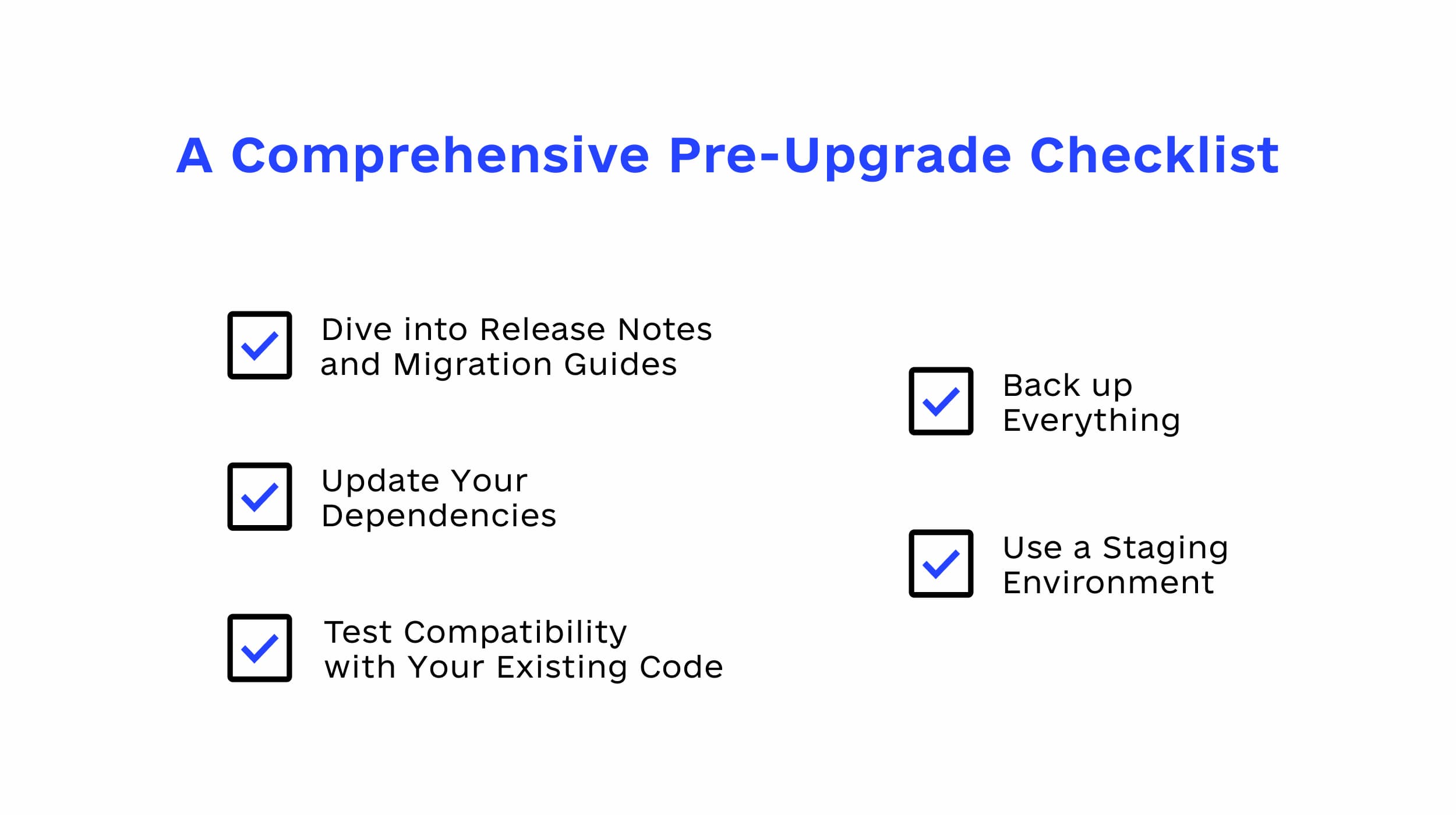
Dive into Release Notes and Migration Guides
To kick things off, make sure to study the release notes and migration guides for the new PHP version. This will give you a solid understanding of what’s changed, what’s improved, and any potential pitfalls you might encounter during the upgrade process.
Test Compatibility with Your Existing Code
Next, ensure your current code is compatible with the new PHP version. You might need to make some adjustments, so don’t worry if you encounter a few hiccups along the way. Remember, it’s better to discover any issues now rather than later!
Update Your Dependencies
Take a moment to check and update any dependencies, such as libraries or frameworks, that your application relies on. This is crucial to ensure compatibility with the new PHP version and to avoid any unexpected surprises down the road.
Back up Everything
Before making any significant changes, it’s always a good idea to create a full backup of your application and database. This safety net will allow you to revert to a previous state if anything goes wrong during the upgrade process.
Use a Staging Environment
To minimize the risk of disruptions to your live site, perform the upgrade in a staging environment first. This will allow you to test everything thoroughly and resolve any issues before making the big switch.
Now that you’re prepared and ready to take the plunge, how do you switch? Just stick to these foolproof steps below, and you’ll be sailing smoothly through the PHP 8 update in no time.
Update Your Development Environment
First things first, make sure your development environment mirrors the production setup. Update your local environment to PHP 8 and ensure all tools, libraries, and extensions are compatible with the new version.
Run Your Tests and Check for Deprecated Features
With your updated environment in place, run your test suite to ensure everything still works as expected. Keep an eye out for any deprecated features, and update your code to use the improved alternatives.
Analyze Performance and Optimize
Now that your tests have passed, dive into the performance enhancements PHP 8 offers. Analyze your application’s performance, and identify areas where you can leverage the new features to optimize and improve.
Update Your Server Configuration
Before deploying your updated application, make sure your server configuration is ready for PHP 8. This might involve installing the new PHP version, updating extensions, and tweaking your configuration settings.
Gradually Roll Out Your Changes
When you’re confident that your application is ready for prime time, start rolling out your changes to the production environment. Consider a gradual rollout, allowing you to monitor performance and address any issues without impacting all of your users at once.
What to Do After Migrating? Post-PHP 8 Upgrade Tips and Tricks
You’ve made it! Your application is now running on PHP 8, and you’re ready to take full advantage of the new features and performance improvements. So, what’s next? Check out these post-migration tips to ensure your application continues to thrive and scale.
Monitor Application Performance
Keep a close eye on your application’s performance. Track key performance indicators (KPIs) to ensure everything is running smoothly and efficiently. Make use of PHP 8’s improved performance capabilities to further optimize your code where needed.
Watch Out for Error Logs and User Feedback
With your upgraded application live, it’s essential to stay vigilant. Monitor error logs and user feedback to ensure everything is running smoothly and to quickly address any unexpected issues.
Stay Informed About PHP Updates
It’s crucial to stay in the loop when it comes to PHP updates. Subscribe to PHP-related news sources, join developer communities, and follow influential PHP developers on social media to stay informed about the latest developments and best practices.
Address Deprecated Features
While you may have already dealt with deprecated features during the upgrade process, it’s wise to periodically review your code and ensure you’re not using any deprecated functions or features. This will help future-proof your application and make subsequent upgrades easier.
Continuously Test and Refine Your Code
Make testing and refining your code an ongoing process. Continuously improve your test coverage, and take advantage of the new features PHP 8 offers, such as better type hinting and the JIT compiler, to enhance your code’s readability and maintainability.
Plan for Future PHP Upgrades
Start planning for future PHP upgrades by keeping your code and dependencies up to date. This proactive approach will make subsequent upgrades much smoother and help you stay on top of the latest developments in the PHP ecosystem.
Conclusion
Upgrading to PHP 8 is a smart move if you’re looking to level up your web development effort. With its enhanced performance, slick coding techniques, and faster compile times, you’ll be cruising through projects. But hey, we get it—change can be tricky, especially when dealing with Laravel or other PHP-based CMSs. Breaking changes may occur, and that’s when things might get a tad complicated. But fear not. Our skilled developers are here to help. If you encounter any obstacles while transitioning to PHP 8, just reach out, and we’ll be there to assist you.
Read also:
Node.js Vs. Java For Enterprise Web Development
How to Monetize Your Mobile App in 2023: 11 FoolProof Ways to Get Paid
What are the Advantages of Web 3.0 and How Quickly Should You Adapt to it?
How to Boost Team Productivity With Virtual Reality Meetings

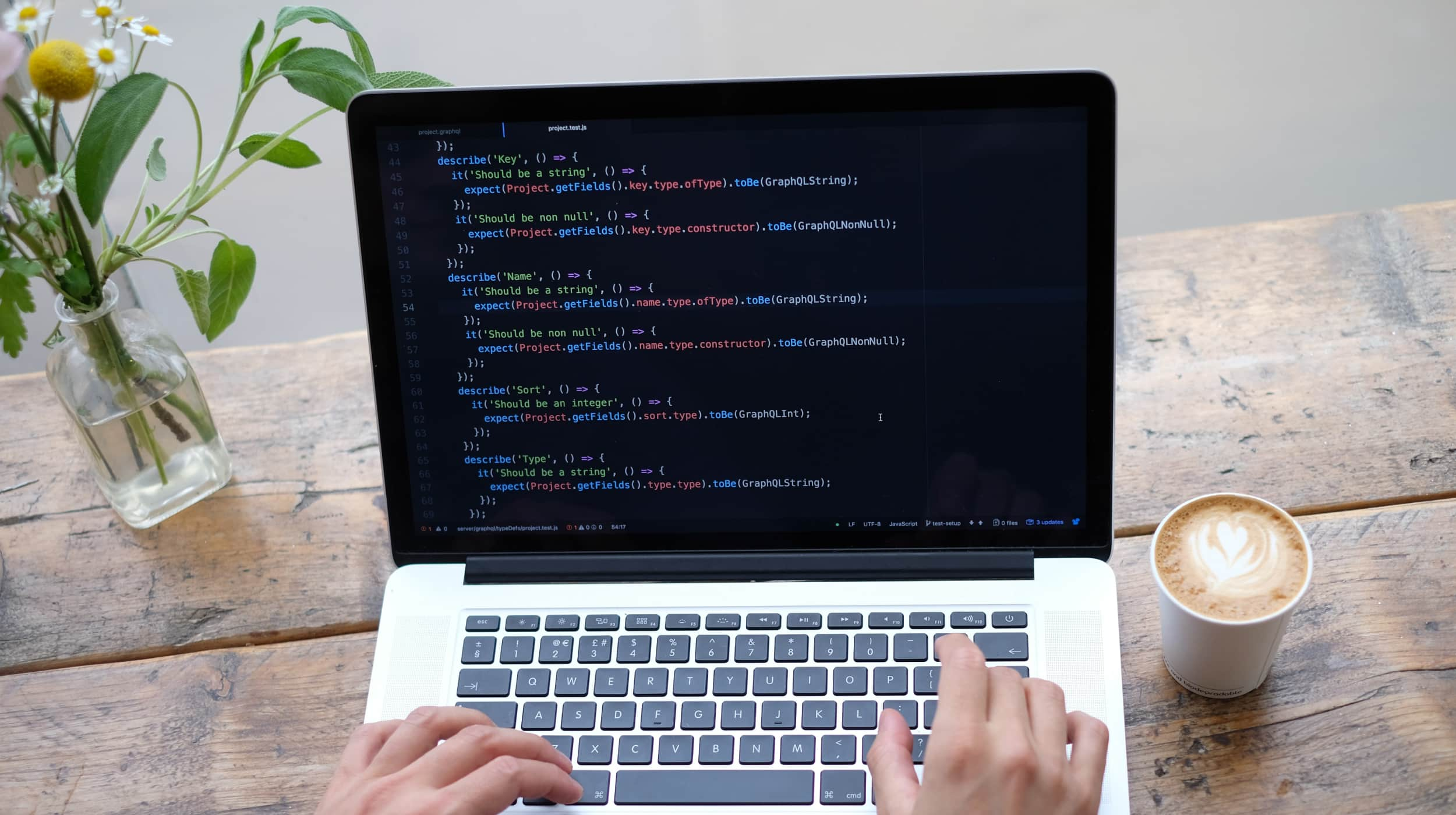


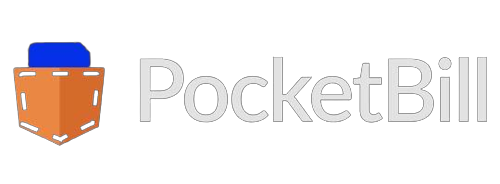

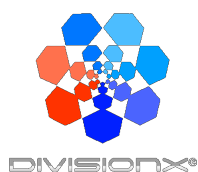

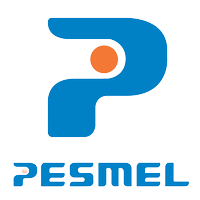

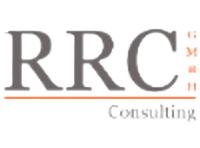

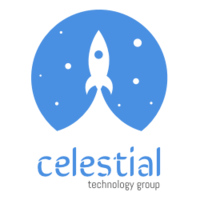

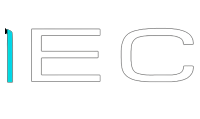

Popular
Latest